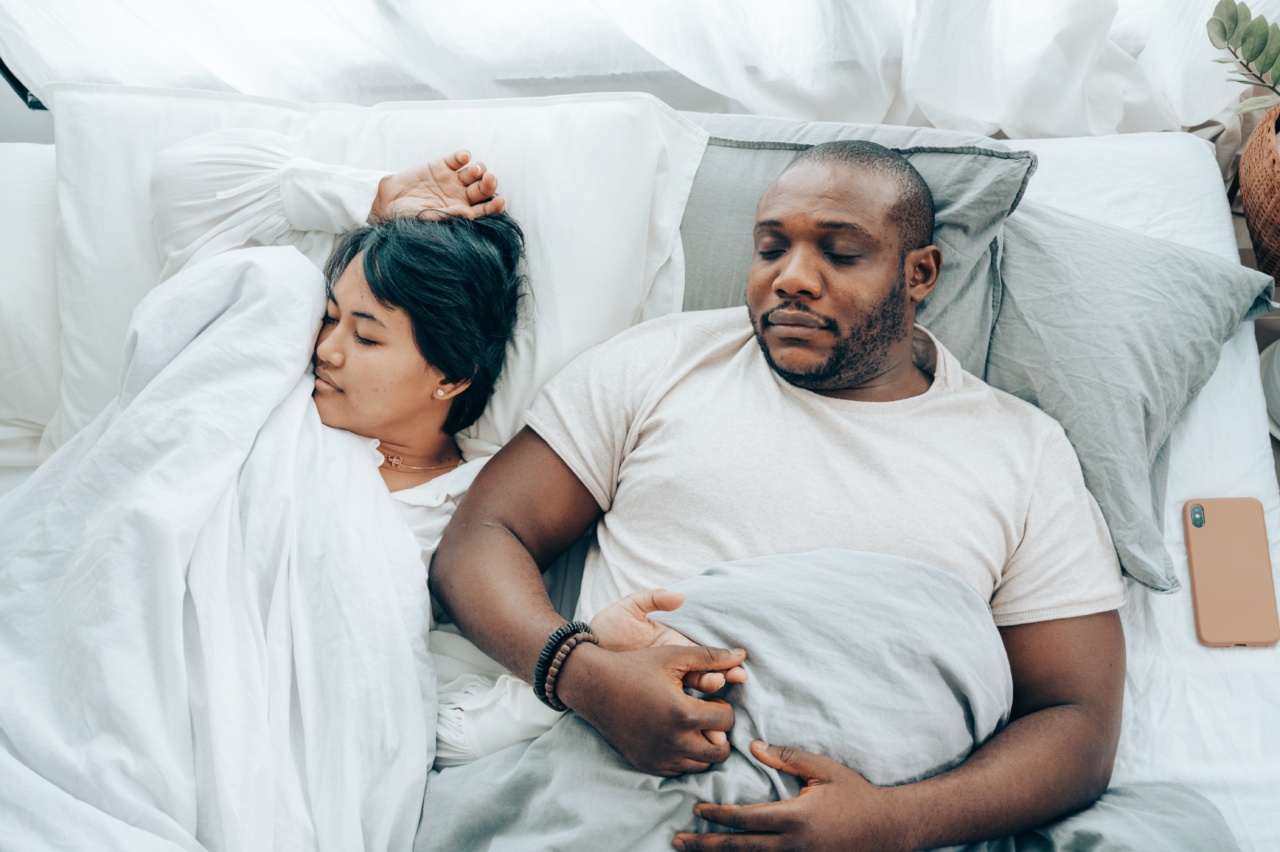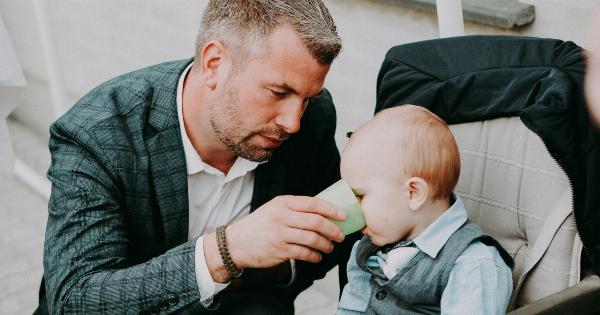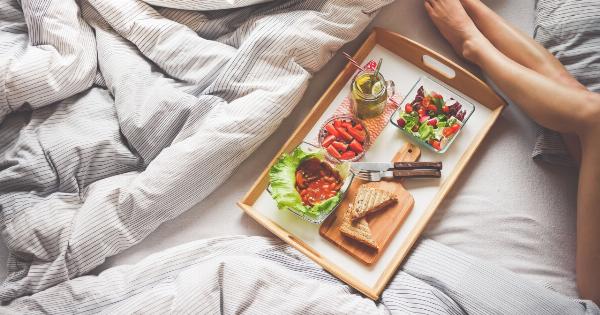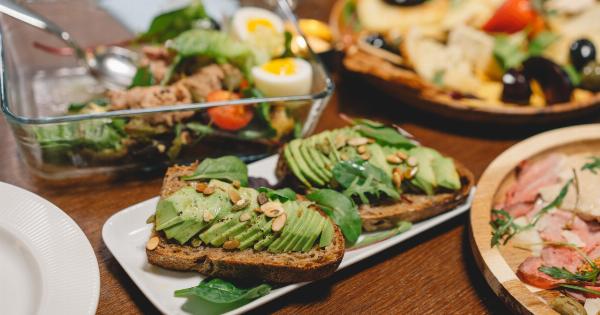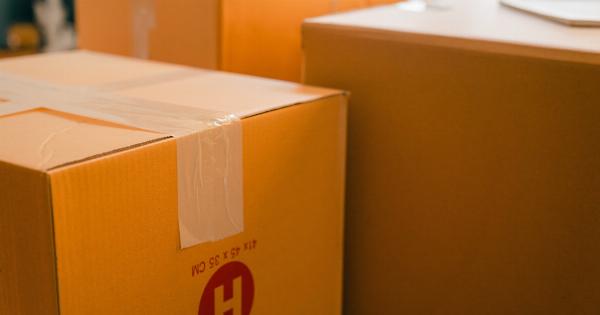Sleep is one of the most important things for our body. It helps in recharging the body and allows us to perform better the next day. However, not everyone is lucky enough to have an undisturbed sleep every night.
The reasons may vary, but food intake before going to bed could be one of the reasons. Eating certain foods can help us sleep better, whereas some of them can unwantedly disturb our sleep. Therefore, it is important to know what to eat and what to avoid to have a good night’s sleep.
In this article, we will explore the top 5 foods that will help you get a good night’s sleep.
1. Warm Milk
Have you ever wondered why you feel sleepy after drinking a glass of warm milk? Milk is an excellent source of calcium and tryptophan, an essential amino acid that helps in the creation of serotonin, a calming hormone that regulates sleep.
Tryptophan is a natural sedative that helps in promoting sound sleep. Calcium also helps in the release of tryptophan, making it easier to fall asleep. Milk, combined with honey, can even improve sleep quality by reducing cortisol, a hormone that triggers stress.
Therefore, having a warm cup of milk before bedtime can help you sleep better.
2. Almonds
Almonds are a rich source of magnesium- a mineral that helps in reducing muscle tension that can cause sleep disturbances.
Magnesium also promotes GABA (Gamma-Aminobutyric acid), a neurotransmitter that helps in calming the brain and promoting relaxation. A deficiency of magnesium can cause insomnia, irritability, and anxiety, making it hard to fall asleep. Almonds also contain protein and healthy fats, making them a great pre-bedtime snack.
A handful of almonds before bed can help in promoting a good night’s sleep.
3. Chamomile Tea
Chamomile tea is popularly known for its calming properties. It contains flavones, an antioxidant that binds to specific receptors in your brain that promote sleepiness and reduce anxiety.
Chamomile tea also has apigenin, an antioxidant that helps in reducing insomnia and promoting relaxation. A warm cup of chamomile tea before bed can help in inducing sleepiness and regulate the circadian rhythm, the internal clock responsible for managing the sleep cycle.
Chamomile tea can be a great alternative to caffeinated beverages and can help in improving sleep quality.
4. Kiwi
Kiwi is a rich source of antioxidants and serotonin, a neurotransmitter that helps in regulating sleep. Studies suggest that consuming kiwi about an hour before bed can help in reducing the time to fall asleep up to 35%.
Kiwi also contains Vitamin C, a vital nutrient that helps in promoting the production of melatonin and regulating the sleep-wake cycle. Eating one or two kiwi fruits before bed can help in promoting a good night’s sleep.
5. Tart Cherry Juice
Tart Cherry Juice is known for its high melatonin content. It is a hormone that regulates the sleep-wake cycle and promotes sound sleep.
Tart Cherry Juice contains an ample amount of tryptophan, serotonin, and phenolic compounds that help in promoting relaxation and sleepiness. Drinking a glass of tart cherry juice before bedtime can help in improving sleep quality and reduce insomnia.
Studies suggest that drinking tart cherry juice can also help in reducing the severity of sleep apnea and snoring, making it an excellent choice for people with sleep disorders.
Conclusion
In conclusion, sleep is essential for good health, and eating well before bedtime can help in promoting sound sleep. The foods mentioned in the article can help in regulating the sleep-wake cycle, promoting relaxation, and reducing insomnia.
However, it is important to watch what we eat and avoid foods that can keep us awake and disturb our sleep. It is also important to consult a healthcare professional if you are suffering from sleep disorders or have sleep-related issues.
